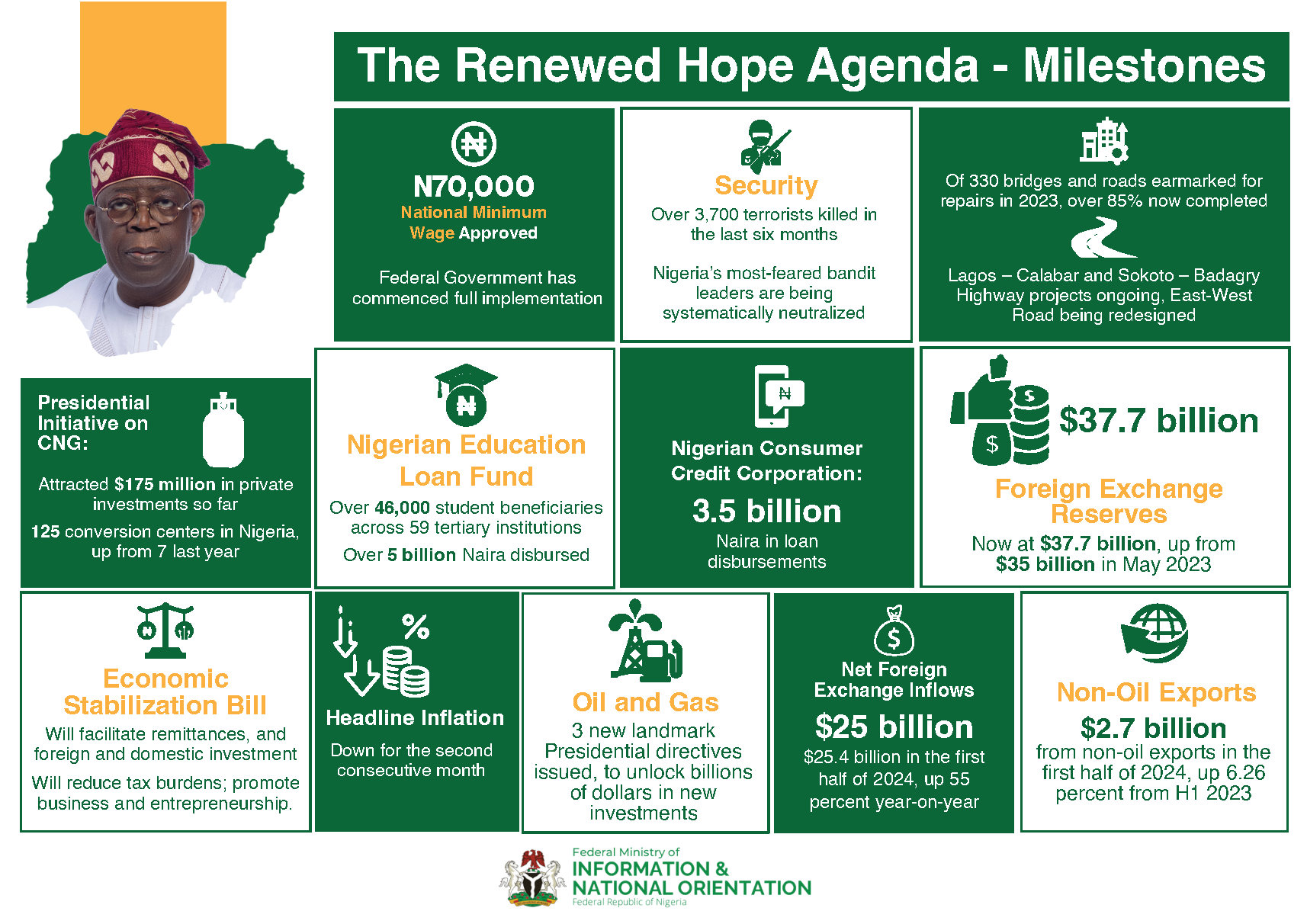Abuja, Oct. 16, 2024 (TheGavel) – The House of Representatives has called on the Federal Government to reverse the recent increases in prices of premium motor spirit (PMS), commonly known as petrol, and cooking gas (liquefied petroleum gas, LPG). This resolution followed a motion presented by the Minority Leader, Rep. Kingsley Chinda (PDP-Rivers), during a plenary session in Abuja on Wednesday.
In his motion, Chinda emphasized the urgent need for interventions such as price relief, tax reductions, or subsidies specifically aimed at assisting low-income households affected by the rising costs of cooking gas. He noted that, as an oil-producing nation, Nigeria has historically relied on petroleum products and cooking gas as essential energy sources for both domestic and industrial use.
Chinda highlighted that recent months have seen a significant increase in the prices of petrol and cooking gas, creating an unsustainable financial burden for ordinary Nigerians and exacerbating the overall cost of living. He attributed these price hikes to the removal of fuel subsidies, global oil price fluctuations, and the depreciation of the naira.
“Nigerians are worried that the escalating fuel and gas prices are impacting transportation, food, essential goods, and healthcare, while also increasing inflation,” he stated. Chinda warned that continued price increases would plunge many families into deeper financial hardship, threatening the viability of small and medium enterprises (SMEs) as they struggle to manage rising operational costs.
He pointed out that the Federal Government possesses refining capacity that could address some of these challenges but has yet to deliver substantial results. The rising costs pose a significant threat to the livelihoods of millions, potentially leading to social unrest, increased poverty rates, and negative long-term economic consequences.
Chinda stressed the need for urgent measures to control the rising costs, warning that failure to act could result in an economic crisis, characterized by increased crime and mortality rates.
In response, the House called on the Nigerian National Petroleum Corporation Limited (NNPCL), the Ministry of Petroleum Resources, and relevant agencies to expedite the repair and maintenance of domestic refineries. They argued that enhancing local refining capacity could serve as a short-term solution to reduce dependence on imported petroleum products.
Furthermore, lawmakers urged the Central Bank of Nigeria (CBN) to implement monetary policies to mitigate the adverse effects of petrol price hikes on inflation, particularly concerning essential goods and services. They also encouraged the federal government to explore alternative energy sources and diversify the country’s energy mix by promoting renewable energy solutions.
The House urged state governments to implement policies to alleviate the financial burden on citizens, such as waiving taxes or levies on transportation and goods affected by high petrol costs.
Speaker Tajudeen Abbas directed the Committees on Petroleum Downstream and Legislative Compliance to ensure compliance with these recommendations and report back to the House within two weeks for further legislative action.(NAN)
Dear readers, we really need your support to keep on serving you with authoritative, truthful, and juicy stories everyday. For your support, please reach out to the editor @gavelinternational66@gmail.com


